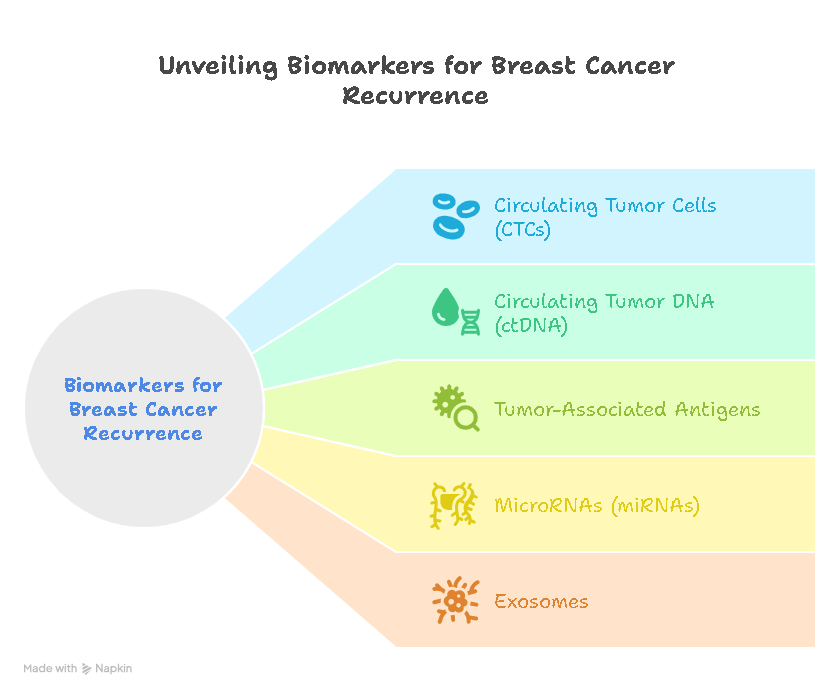Viral conjunctivitis and pink eyes, is a highly contagious eye infection that affects millions of people worldwide each year. It is characterized by redness and inflammation of the conjunctiva, the thin, transparent membrane that covers the white part of the eye and lines the inner surface of the eyelids.

Introduction: Although pink eye can be uncomfortable and unsightly, it is usually a self-limiting condition that resolves within a week or two without any serious complications. In this article, we will delve into the causes, symptoms, treatment, and preventive measures for viral conjunctivitis.
Causes of Viral Conjunctivitis
Viral conjunctivitis is primarily caused by various types of viruses, with adenoviruses being the most common culprits. These viruses can spread through direct contact with infected eye secretions, nasal discharge, or contaminated objects. Infection can occur when you touch your eyes with contaminated hands or come into contact with surfaces such as doorknobs, towels, or shared items like eye makeup or contact lenses. Viral conjunctivitis is highly contagious, and the infection can easily spread from one person to another, particularly in crowded places like schools, daycares, and workplaces.
Symptoms of Viral Conjunctivitis
The hallmark symptoms of viral conjunctivitis are redness and swelling of the conjunctiva, giving the eyes a pink or bloodshot appearance. Other common symptoms include:
- Excessive tearing
- Watery discharge from the eyes
- Itching or burning sensation
- Sensitivity to light (photophobia)
- Blurred vision
- Feeling like there is something gritty or foreign in the eye
It’s crucial to note that viral conjunctivitis typically affects one eye initially, but it can easily spread to the other eye if precautions are not taken.
Treatment for Viral Conjunctivitis
In most cases, viral conjunctivitis will resolve on its own without any specific medical treatment. The body’s immune system usually clears the virus within 1 to 2 weeks. However, there are several measures that can alleviate discomfort and promote faster recovery:
- Artificial Tears: Lubricating eye drops or artificial tears can help soothe the irritation and keep the eyes moisturized.
- Cold Compresses: Applying a cold, damp washcloth to the eyes can reduce swelling and relieve the discomfort.
- Hygiene Measures: Practicing good hygiene is essential to prevent the spread of the virus. Wash your hands frequently with soap and water, avoid touching your eyes, and refrain from sharing personal items like towels or eye makeup.
- Avoid Contact Lenses: If you wear contact lenses, it’s best to switch to glasses until the infection clears. Contact lenses can trap the virus and prolong the healing process.
- Prescribed Medication: In severe cases, an eye doctor may prescribe antiviral eye drops or ointments to speed up recovery and prevent complications.
Prevention of Viral Conjunctivitis
Preventing viral conjunctivitis involves adopting healthy habits and practicing good hygiene. Here are some preventive measures to consider:
- Hand Washing: Wash your hands frequently and thoroughly with soap and water, especially before touching your face, eyes, or using contact lenses.
- Avoid Eye Rubbing: Refrain from rubbing your eyes, as this can introduce viruses into the eyes and cause further irritation.
- Personal Items: Avoid sharing towels, pillows, eye makeup, or contact lens accessories with others.
- Stay Home: If you or someone in your household has viral conjunctivitis, it’s best to stay home until the infection clears to prevent spreading it to others.

Viral conjunctivitis, commonly known as pink eye, is a contagious eye infection caused by viruses, particularly adenoviruses. Although it can be uncomfortable and easily transmitted, it usually resolves on its own within a couple of weeks. Practicing good hygiene, avoiding contact with infected individuals, and following proper eye care can go a long way in preventing and managing this common eye condition. If you experience persistent or severe symptoms, consult an eye doctor for appropriate diagnosis and treatment. Remember, early detection and timely care can help protect your vision and reduce the risk of complications.
Complications of Viral Conjunctivitis
While viral conjunctivitis is generally a mild and self-limiting condition, in some cases, it can lead to complications. Secondary bacterial infections may occur when the conjunctiva is already inflamed and vulnerable, causing the condition to worsen. In such instances, symptoms may become more severe, with increased eye discharge, eye pain, and the formation of pus. It is essential to seek medical attention promptly if you suspect a secondary bacterial infection.
Moreover, in rare cases, viral conjunctivitis can lead to more serious eye issues, such as keratitis (corneal inflammation) or iritis (inflammation of the iris). These complications can be painful and may affect vision if not addressed promptly by an eye care professional. People with pre-existing eye conditions, compromised immune systems, or those using corticosteroid eye drops should be especially cautious, as they may be at a higher risk of developing complications.
Differentiating Viral Conjunctivitis from Other Types
Several types of conjunctivitis exist, each with distinct causes and treatments. To differentiate viral conjunctivitis from other types, eye care professionals may conduct a thorough examination and ask about symptoms and recent exposure. Allergic conjunctivitis, for example, is triggered by an allergic reaction to pollen, pet dander, or other irritants and typically involves itching and watery discharge in both eyes. Bacterial conjunctivitis, on the other hand, often produces a thicker, yellowish-green discharge in one or both eyes.
When to Seek Medical Attention
While viral conjunctivitis typically resolves on its own, certain signs warrant seeking medical attention. If you experience any of the following, consult an eye care professional promptly:
- Severe eye pain or persistent discomfort.
- Blurred vision or sensitivity to light that worsens over time.
- Eye redness accompanied by a high fever.
- Symptoms that do not improve after a week or worsen despite home remedies.
- A compromised immune system or pre-existing eye conditions, making prompt medical attention essential to prevent complications.
Conclusion
Viral conjunctivitis, commonly known as pink eye, is a contagious and uncomfortable eye infection caused by various types of viruses, primarily adenoviruses. While it is usually a mild and self-limiting condition, it can lead to complications if not managed properly. Practicing good hygiene, avoiding contact with infected individuals, and following proper eye care are essential for preventing the spread of viral conjunctivitis. If symptoms persist or worsen, seeking medical attention is crucial to ensure timely and appropriate care, preventing any potential complications and safeguarding the health of your eyes. By staying vigilant and taking appropriate measures, you can reduce the risk of viral conjunctivitis and protect your eyes’ health and well-being.











Leave a Reply